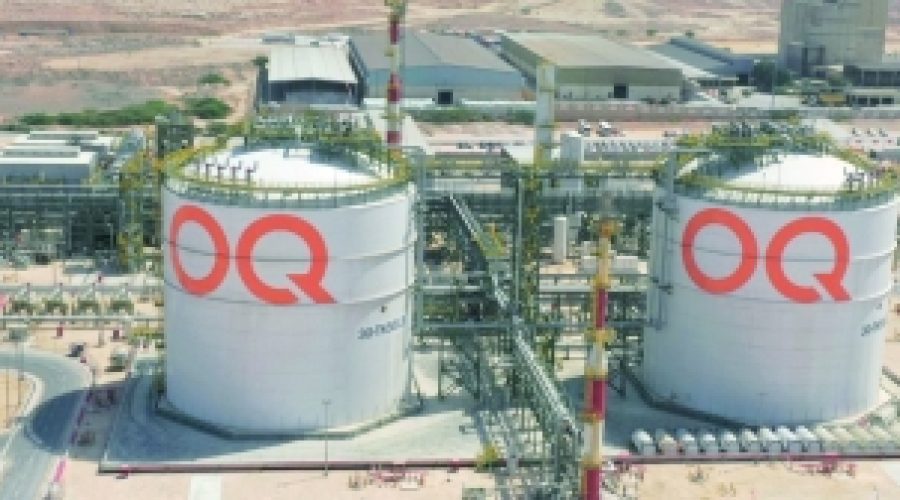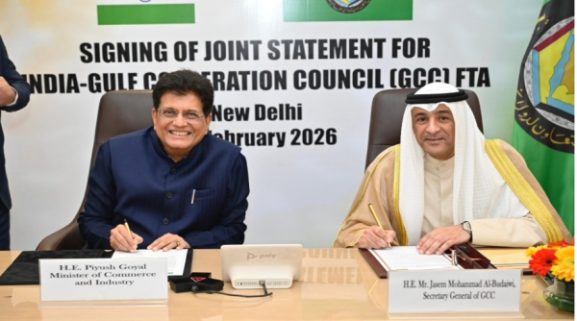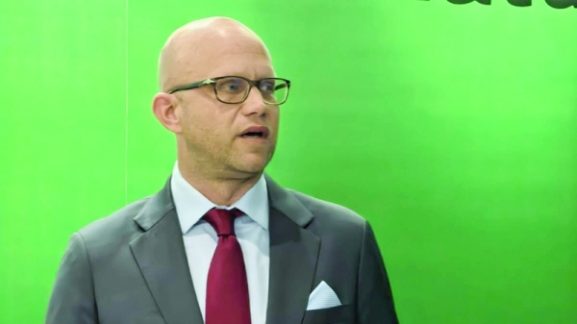OQ’s Decarbonization Initiative: Key Implications for Global Polymer Logistics and Your Business in Oman
MUSCAT: OQ, the integrated energy group of the Sultanate of Oman, has formed a strategic partnership with leading global shipping companies Maersk and CMA CGM to decarbonize its polymer supply chains. This initiative marks a significant advancement towards sustainable logistics and the transformation of value chains. The collaboration aligns with OQ’s vision to incorporate low-emission fuels and expedite delivery models as part of a comprehensive decarbonization strategy.
Dawood Al Rahbi, Vice President of Global Supply Chain at OQ, stated, “This partnership reflects our conviction that true sustainability cannot stop at the factory gate. By embedding low-carbon shipping into our network, we are helping customers meet EU compliance requirements, enhance ESG reporting, and lower their logistics emissions.”
The partnership supports OQ’s clients amid increasing European Union regulations on Scope 3 emissions, which occur indirectly through the supply chain. Many of OQ’s customers in the packaging, infrastructure, and consumer goods sectors face mounting pressure to demonstrate reductions in transport-related emissions. This collaboration allows OQ to assist its clients in thriving within a low-carbon economy while pursuing its own environmental objectives.
Under this agreement, OQ’s polymers will be transported using Maersk’s ECO Delivery and CMA CGM’s ACT+ programmes, both utilizing second-generation biofuels derived from used cooking oils and brown grease, certified under the ISCC EU system. Between the second quarter of 2024 and the first quarter of 2025, these initiatives are expected to help OQ avoid or mitigate more than 270 tonnes of CO₂e emissions. The results signify OQ’s increasing commitment to low-carbon shipping, with verified and traceable reductions in line with international assurance standards.
“In just four quarters, we’ve seen measurable results,” Al Rahbi noted. “Every shipment under these programmes delivers tangible reductions that are verified and traceable—providing our customers with confidence in their sustainability performance.” All reductions are independently validated under ISAE 3000 and ISAE 3410 standards, following methodologies established by the Clean Cargo Working Group and ISO frameworks, ensuring transparency and credibility in reporting and auditing processes.
Beyond emission reductions, the partnership has enhanced OQ’s logistics efficiency. By implementing floating warehouse and hub operations in 2025, the company has shortened delivery times to Europe and Türkiye from 40 days to as little as two to eleven days. Al Rahbi explained that this combination of speed and sustainability provides OQ’s customers with a competitive edge in global markets. “Efficiency and sustainability are no longer separate goals,” he stated. “With this partnership, we’re demonstrating that it’s possible to deliver faster while reducing carbon at every step.”
OQ is also aiming for internationally recognized sustainability certifications by the end of 2025, in line with the EU Emissions Trading System (ETS). These certifications will verify that OQ’s logistics network adheres to rigorous standards for low-carbon transport, ensuring traceability and assurance for customers that their materials arrive with a significantly minimized carbon footprint.
The initiative is part of OQ’s four-pillar decarbonization strategy, focusing on energy efficiency, renewable energy integration, process optimization, and flaring minimization across its operations. By applying these principles to logistics, OQ ensures that sustainability is integrated into every stage of the value chain.
“As industries accelerate towards decarbonization, collaboration is essential,” Al Rahbi emphasized. “Through partnerships like this, OQ is not only addressing compliance needs but also contributing to the development of circular, resilient supply chains for the future.” With its proactive and science-based approach, OQ continues to position itself as a key enabler of sustainable industry transformation, ensuring that vital materials reach global markets efficiently and responsibly.
Special Analysis by Omanet | Navigate Oman’s Market
OQ’s strategic partnership with shipping giants Maersk and CMA CGM to decarbonize polymer supply chains creates significant opportunities for businesses in Oman, particularly in enhancing their sustainability credentials and compliance with stringent EU regulations. Smart investors should consider investing in innovative supply chain solutions, as this trend toward coupling efficiency with lower emissions not only meets growing market demands but also positions Oman as a leading player in the global low-carbon economy. However, companies must remain vigilant about potential risks associated with rapid regulatory changes and industry shifts towards sustainability.



